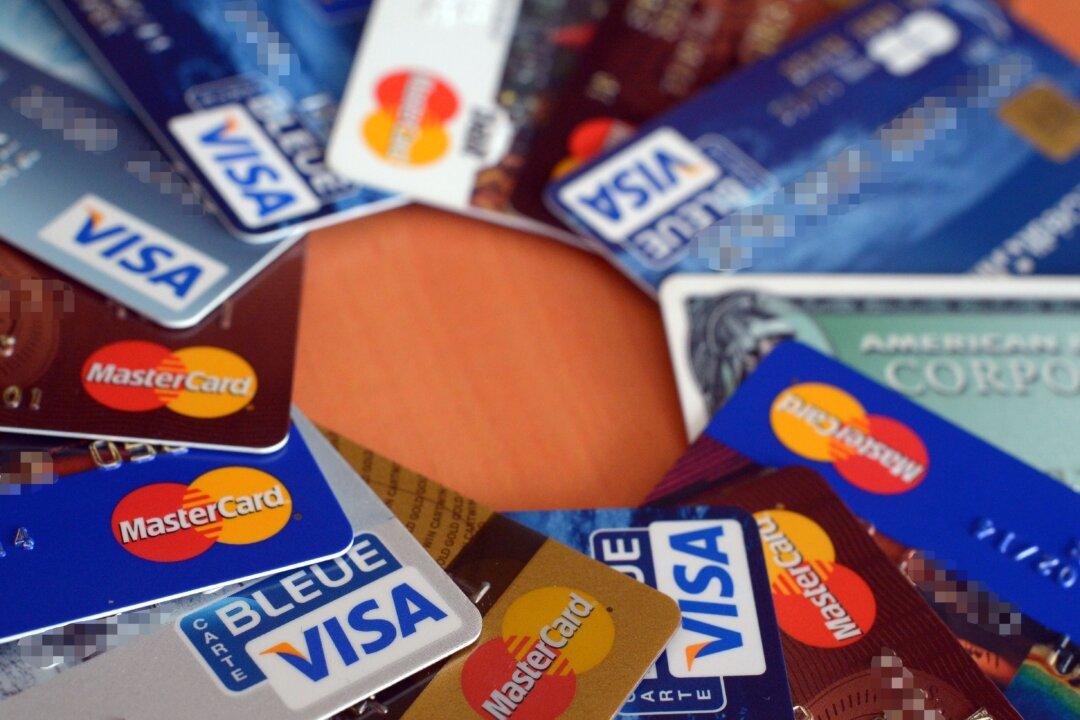Not that long ago, applying for a credit card was a lengthy procedure. To actually obtain a credit card was considered to be a bit of a privilege. But things have changed significantly. Today, almost everyone holds a credit card. In this post, I will teach you five things you should never do with your credit card.
Credit cards can be fascinating financial tools. They provide the holder with tremendous purchasing power, coupled with unmatched convenience and security—all wrapped in a couple of grams of plastic. However, it is advisable that you use your credit card with extreme caution to avoid substantial financial problems and ensure your financial security doesn’t take a beating.






